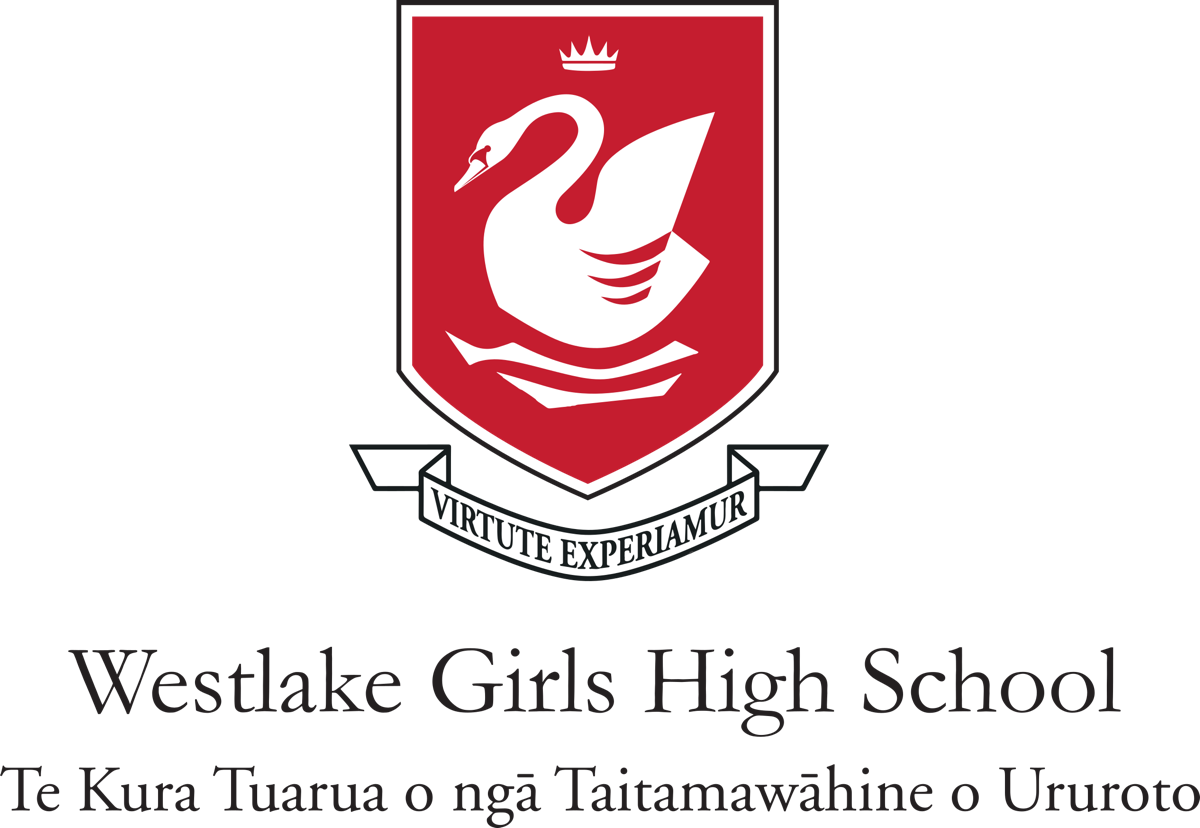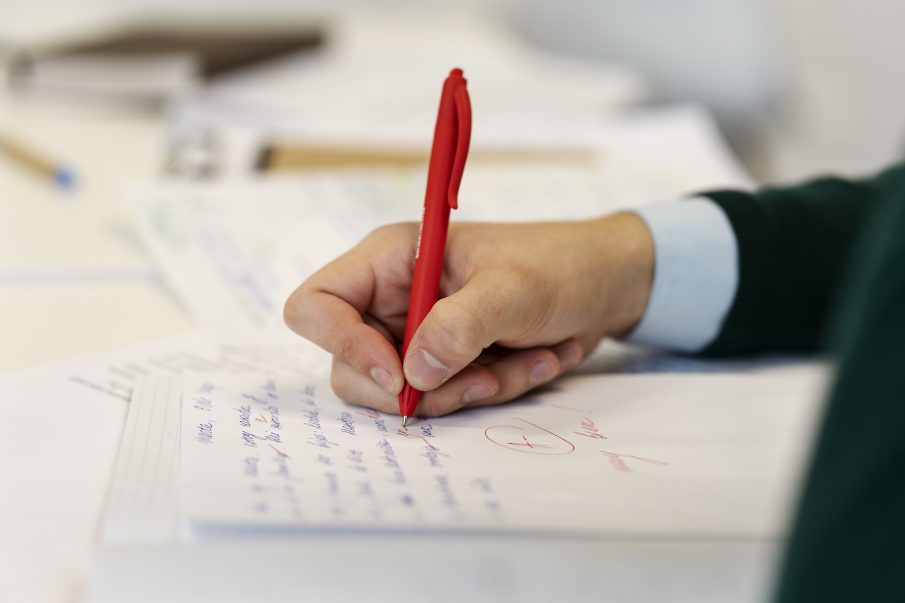An easy way for parents to help
English teacher Sarah Ward is running an initiative over the next ten weeks to help the girls to revise some of the basics of spelling and grammar. This is mainly aimed at our Y10 students who will be sitting the NCEA Literacy Corequisite next term, but if you’re the parent of a student in another year and you feel she could also benefit from a bit of revision of some writing basics, this is for you, too.
It’s vital to note that the programme we use for the literacy test doesn’t use auto-correct, so students MUST get into the habit of typing correctly using the [shift] key and the letter.
Important Info for All Parents
From 2024 students will need to gain this NCEA Literacy Corequisite and the equivalent Numeracy Corequisite to gain an NCEA qualification. In other words, students won’t be able to gain any level of NCEA qualification without these two corequisites.
The stakes are far too high for students to lose points because of bad writing!
The wrong use of tense, spelling, or punctuation can completely change the meaning of a sentence, and writing littered with errors is difficult to read and understand. We need to help our girls to realise that, at best, they’ll come across as sloppy and inattentive to detail. At worst, the reader won’t understand what they are trying to say.
Students who don’t meet basic accuracy measures in their writing will be marked down. It’s that simple. Ms Ward is putting together some useful tips, and we’ll be presenting these in each of our newsletters for the next 2-3 months.
TIP 1
A focus on capital letters. Capitals are used at the start of each sentence, for ‘I’, and for proper nouns.
A proper noun is the name of a specific person, place, or thing. You need to use a capital letter for every part of the name. For example, Westlake Girls’ High School is a specific school, so each word needs to be capitalised. If someone said, “I go to high school,” this is not a specific name, so ‘high school’ isn’t capitalised.
Keep your eyes peeled for the literacy tip in our next newsletter. We’ll focus on apostrophes and homophones (i.e., their/there/they’re or your/you’re).


